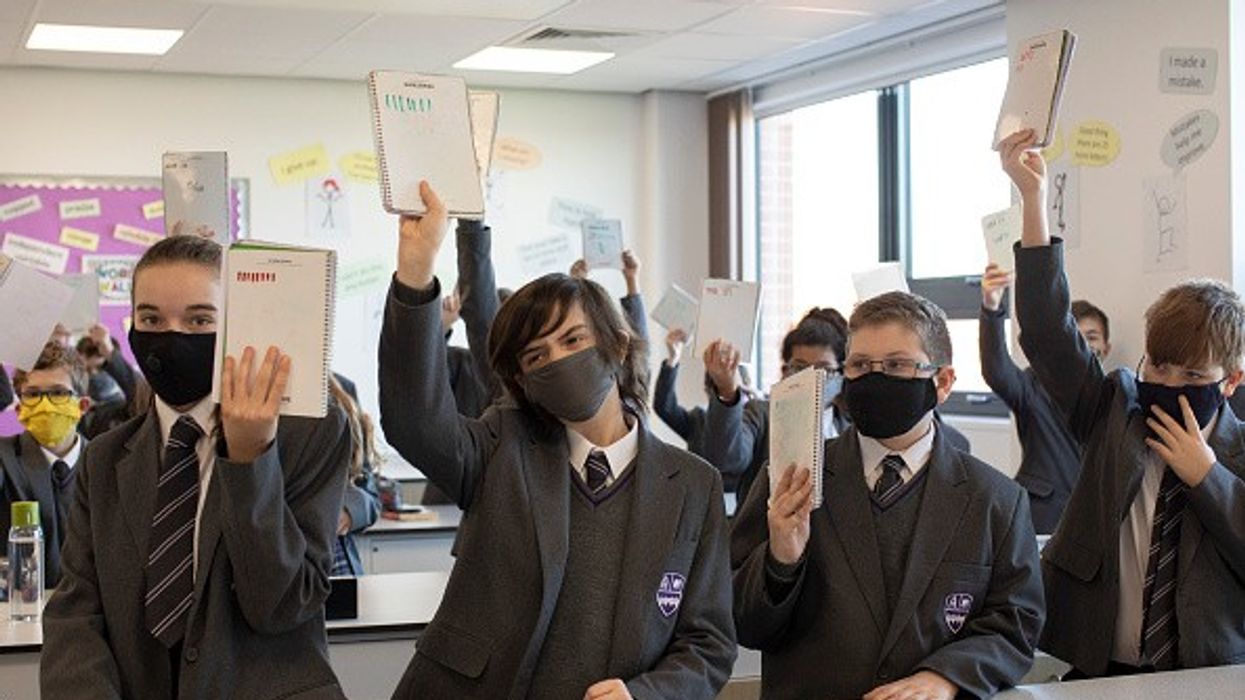PUPILS in England will no longer have to undergo 10-day isolation after contact with a positive Covid case when schools return in September as ministers are expected to replace the existing self-isolation system with a daily testing regime.
“We are conducting trials of daily contact testing as a possible alternative to self-isolation,” UK schools minister Nick Gibb said on Sky News on Tuesday (29), adding that the government is conducting a pilot-run of daily on-site testing in a small number of secondary schools.
If accepted, this regime will enable schoolchildren to go into school provided they receive a negative result, eliminating the need for the entire classroom to self-isolate when a single child contracts the virus.
Ministers are not expected to make a final decision on self isolation until the results have been examined though any change is expected to be announced before the end of term, so it can be implemented after the summer break.
Asked about the self-isolation policy in the Commons on Monday (28), newly-appointed UK health secretary Sajid Javid also said it was "having a huge knock-on impact" on children's education.
The present Covid control systems in schools, under which pupils are separated into bubbles – sometimes numbering more than 200 children – and forced to quarantine at home if anyone in their group tests positive for Covid, is said to be disrupting education and adding to the strain on working parents.
In order to keep as many children in face-to-face classes as possible, the UK’s Department for Education has also reportedly written to secondary schools asking them provisionally to prepare for a change after the summer break.
Hinting that self-isolation policy may end soon, England's children's commissioner Dame Rachel de Souza too said there is an urgent need for children to get back to normal as lockdown restrictions had been a "real trauma" for many young people.
Official figures show that 172,000 children were self-isolating, having potentially been in contact with a positive case in school, this month. Schools in northern England saw a rise in isolating children that included 9,000 pupils with confirmed Covid and 16,000 with suspected coronavirus, and more than 7,000 whose schools had shut because of outbreaks.




